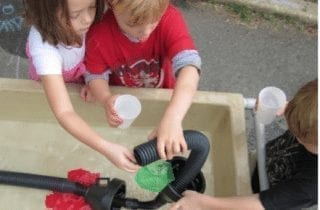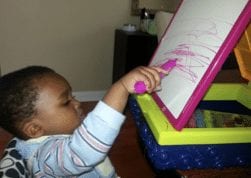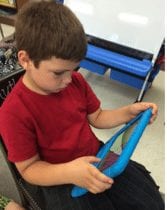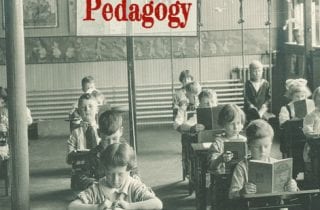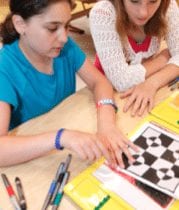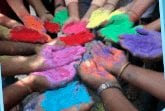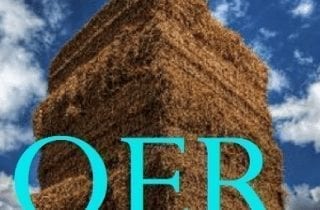Does science have to be messy? What can young children understand about science? Preschool teacher and author Peggy Ashbrook discussed her thinking about these questions and more in this edWeb.net webinar on best practices in early childhood science. Early childhood educators from preschools, family home child care, as well as professors, preservice, university lab school teachers, and others who want to reflect on their science teaching practice, will benefit.
Contemporary early childhood educators are working with increasingly diverse populations of young children. It is commonplace for a single group of children to represent different languages, cultures, and a wide range of special needs or disabilities. This webinar synthesized the research that supports Dr. Jalongo’s book, Literacy for All Young Learners, to identify over 60 different strategies that have evidence of effectiveness in supporting the literacy growth of young children.
The Common Core Standards place emphasis on paired texts, asking students to “analyze how two or more texts address similar themes or topics.” But where can teachers find engaging, appropriate, high-quality pairs of articles? Here, experts provided examples of pairing current events articles with primary source documents, as well as articles on debate-worthy topics, written from different points of view.
Ready to launch a year of discovery and creativity? August is the perfect time to plan exciting and innovative writing projects that meet the needs of all students. Attendees learned how students of all ability levels can feel success and confidence as they design and create books that align with the Common Core State Standards. Attendees saw how technology transforms special education and inclusion classroom instruction by enhancing individual learning opportunities and enabling greater flexibility and personalization.
HyperDocs are digital tools that replace the worksheet method of delivering instruction. Multimedia text sets are collections of content that you can curate, package, and efficiently push out to students using Google Docs, Forms, and Spreadsheets. Our presenters discussed how using Google apps for packaging and workflow can greatly enhance reading and writing instruction.
In this edWeb.net webinar, attendees learned about ways to bring coding into the classroom through multimedia projects. Through a web-based software, paired curriculum, and teacher training, Melissa Halfon introduced this solution for teaching computer science in a fun and engaging way to weave into your classroom, after-school and summer curricula. Appropriate for both computer science and non-CS teachers of students age 10 and up, teachers were able to take away where Vidcode falls in the landscape of coding tools.
Forty-four states, the District of Columbia, and the Department of Defense schools have all adopted the standards. However, there is a lot of confusion about what exactly the standards are—and what they are not. In this edWeb.net webinar, Anne O’Brien, Deputy Director of Learning First Alliance, discussed what parents need to know about the standards, dispelled key myths and answered questions about issues of interest.
What does critical thinking mean and why is it a 21st century skill? In this edWeb.net webinar presented by the Champion Creativity community, viewers explored promising practices of using art-integration to build critical thinking skills. Art-integration lessons involve stretching what a student knows, building upon prior understanding and persevering to find new solutions.
Children live their lives with their hearts and minds open and connected. From that union of heart and mind, they develop into people who are balanced, happy, and successful. Learning objectives for this presentation: Research is supporting the importance of social emotional learning combined with academic instruction. Attendees received the most recent research information to support their understanding of the importance of social emotional learning.
Does finding open educational resources (OER) take more time than it’s worth? Teacher time is a precious commodity. In this edWeb.net webinar, attendees learned the tricks of the trade for finding tried and tested OER treasures and walked away with their own treasure map to X marks the spot.


